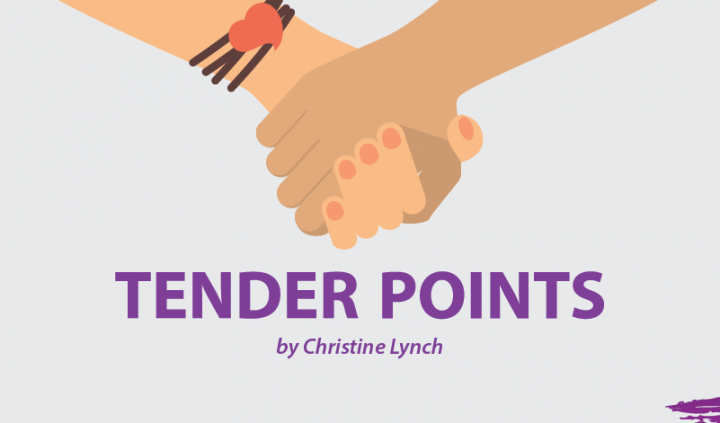I’d never given much thought to my religion. I didn’t choose it; like most people, I was born into it. My faith was part of who I was — like having blue eyes or European heritage. It wasn’t until my first husband passed away suddenly at age 48 that I was grateful for having a religious affiliation. In the midst of that horrible chaos, my beliefs helped me to feel grounded and comforted.
In time, however, I began to question those beliefs. It was bound to happen as curiosity is one of my strongest personality traits. When the answers I found didn’t satisfy me, I began to explore other faiths. Sunday mornings would find me at churches of various denominations, reading, asking questions, still searching for answers. After years of research, I concluded that I was not a religious person at all. Instead, I was spiritual.
“What’s the difference?” you might ask. People have explained the distinction between spirituality and religion in myriad ways. To me, being spiritual means having faith in something larger than our human existence — in other words, a spirit or the universe. Spirituality includes a set of beliefs acquired from life’s experiences as well as from book learning. It’s personal. However, despite my adoption of a spiritual belief system, I still longed to be part of a faith community, so I located people with similar beliefs at a local spiritual center.
Once I felt comfortable with defining myself as a spiritual person, I became interested in learning how my beliefs could be used to improve my health. I discovered the link between spirituality and depression. I also realized that spirituality is useless unless you put it into practice — the most common method is prayer.
I used to think of prayer as repeating some prescribed words over and over. Though prayer can take that form, it is not the only one. Prayer can also be listening to music, meditating, writing in a journal, sitting silently in nature, or reading an inspirational book.
I’ve tried meditation off and on over the years. Each time, the practice quickly became monotonous, and I’d get bored and stop doing it. I’ve been writing in a journal my entire life — recording my thoughts is as much a part of me as breathing. I hadn’t considered it as a form of prayer, but I will continue to do it. I’m fortunate to be married to a gardener, so I’m often surrounded by nature. Reading spiritual books seemed like a beneficial addition to my daily routine. And it’s become a habit.
I’ve always been a bedtime reader. However, as my book choices were often novels, I ran the risk of being stimulated rather than made drowsy by what I was reading. By contrast, I’ve found that my spiritual reading has a calming effect on my brain. I seem to drift off to sleep more easily. The habit is too new for me to assess its effect upon my depression level, but anything that helps me to sleep is a welcome addition to my life.
***
Note: Fibromyalgia News Today is strictly a news and information website about the disease. It does not provide medical advice, diagnosis, or treatment. This content is not intended to be a substitute for professional medical advice, diagnosis, or treatment. Always seek the advice of your physician or other qualified health provider with any questions you may have regarding a medical condition. Never disregard professional medical advice or delay in seeking it because of something you have read on this website. The opinions expressed in this column are not those of Fibromyalgia News Today, or its parent company, BioNews Services, and are intended to spark discussion about issues pertaining to fibromyalgia.

